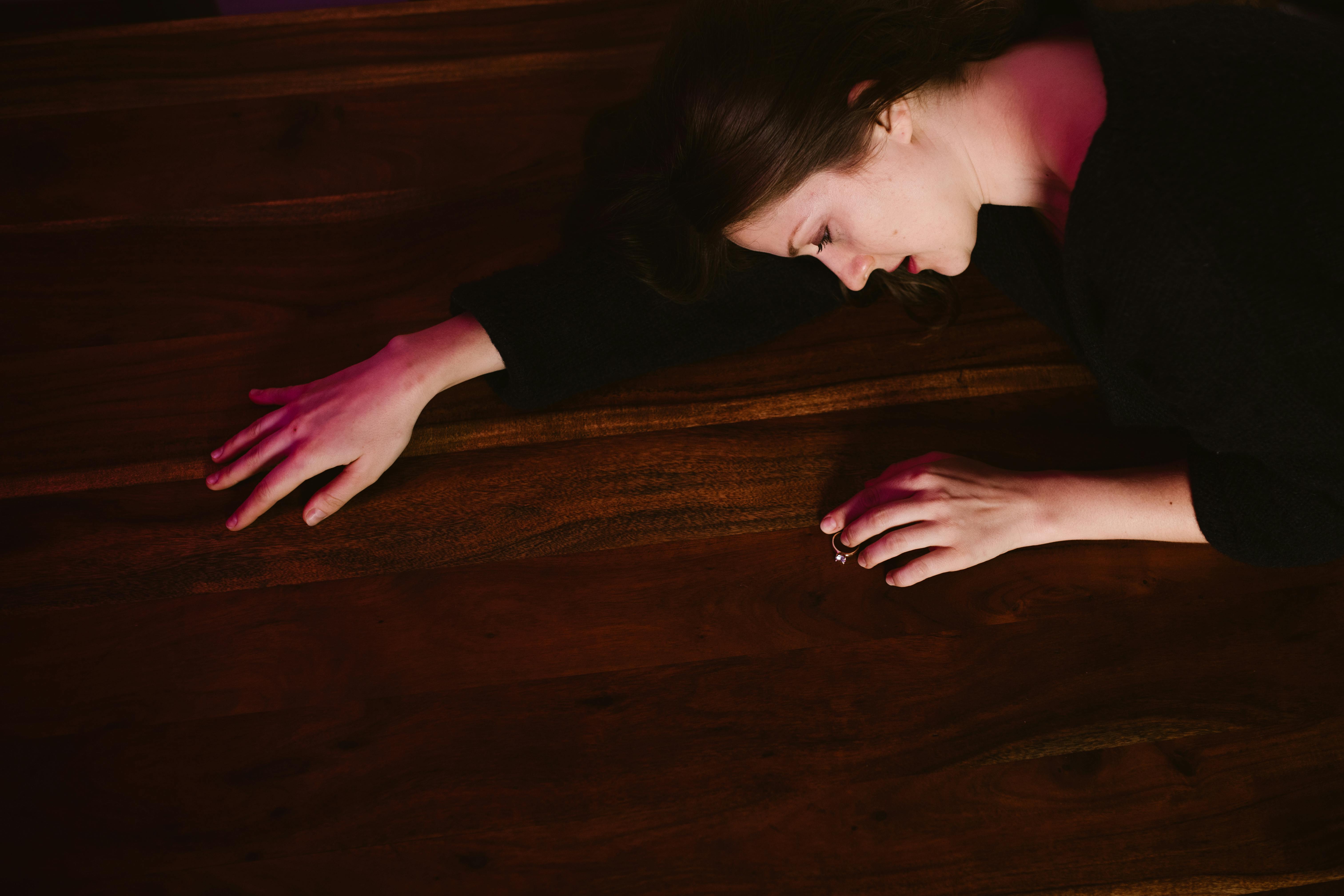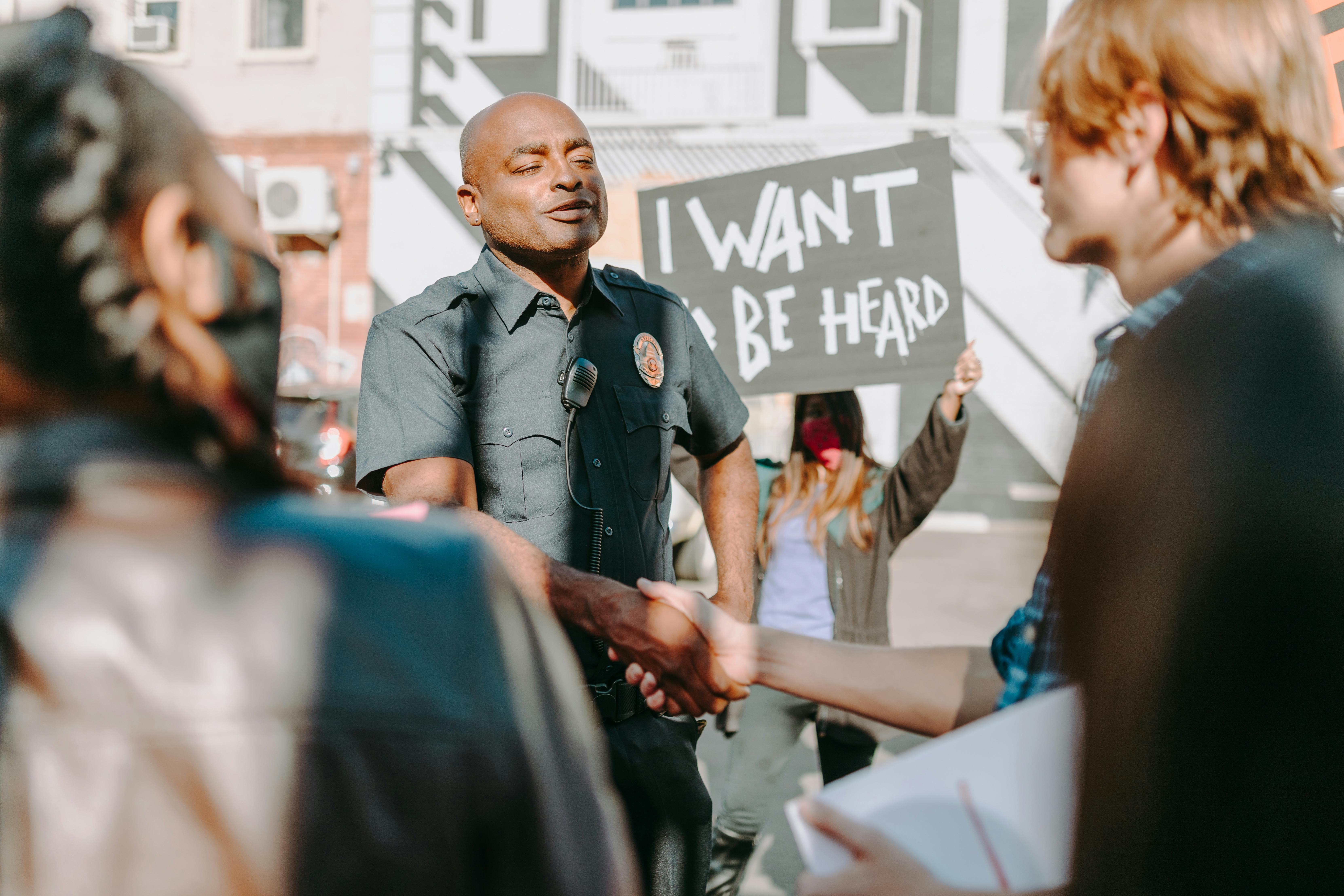Sometimes mathematical equations can be used to describe certain musical performers, and the formula really helps identify their particular sound. Pointing out the most familiar recording artist combinations is the best thing you can do to hear the unfamiliar artist with your own ears.
With that in mind, take Randy Newman and connect him with Tom Paxton. Then add Loudon Wainwright with Phil Ochs, and your solution would sound like Biff Rose.
Not much has been heard about piano-playing folk songwriter Biff Rose since he received some accolades in the late 1960s after the release of his first album. Children of light. That record, quite influential despite its success on the charts, hit stores in 1968.
David Bowie was one of the biggest stars to pay tribute to him, as he quoted Biff Rose on one of the early albums. Bowie’s song “Fill Your Heart”, just one of the many gems of the Hunky dory album, is a version of a melody composed by Rose.
Rose had gone to Hollywood as a writer for comedian George Carlin in the 1960s, and soon after decided to become a recording artist. That decision sparked the debut album. Children of light, now fifty years.
It is a smorgasbord of musical styles, mixing ragtime with vaudeville while incorporating folk and classical music. Lyrically though, it’s where the album really stands out.
Most of the songs are left-leaning, as you might expect from a man who was in the hippie culture of the west coast in the late sixties. The titles themselves indicate it, especially “Communist Sympathizer” and “Colorblind Blues.”
In the latter, recorded live at the Hollywood Troubadour, Rose exhibits her trademark wit.
“Black power, blue power, green power, violet, thank you very much. At the end of the rainbow there is marijuana,” he jokes. “And I heard it’s gold.”
He parodies capitalism in “American Waltz,” in which Rose’s deft ragtime piano is accompanied by drums.
“The spirit of giving through selling and buying,” he says of the Christmas holidays in America. “Bullet-shaped cars with people inside.”
His humor is also evident in “Ballad of Cliches” and “Ain’t No New Day”, but he proves just as talented when it comes to serious melodies. “Son in Moon” offers a deep reflection on man’s abuse of the earth, and “To Baby” serves as an ode of love to someone special.
The highlight, however, is the title track, which contains some of Rose’s best piano playing, as well as her most memorable lyrics.
“The man who is afraid will have all kinds of answers, law and order, law and order, we need more law and order,” Rose growls, perhaps as a stab at political leaders at the time.
In April 1969, Rose performed that song on The brothers suffocates, appearing in the same episode as Ike and Tina Turner. A few months later at Dick Clark’s American bandstand sang “Spaced Out” and “I’ve Got You Covered”, the two tracks that combine to close the album.
Then came a memorable appearance on Hugh Hefner’s weekly variety show, Playboy after dark. Rose performed the title track before giving way to a future superstar, a twenty-year-old girl named Linda Rondstadt.
Not much was heard of Rose in the late 1970s, when she almost disappeared from the music business. In 2018, however, nostalgia-hungry folks should celebrate the fiftieth anniversary of their debut album by unearthing this treasure of eleven songs.



